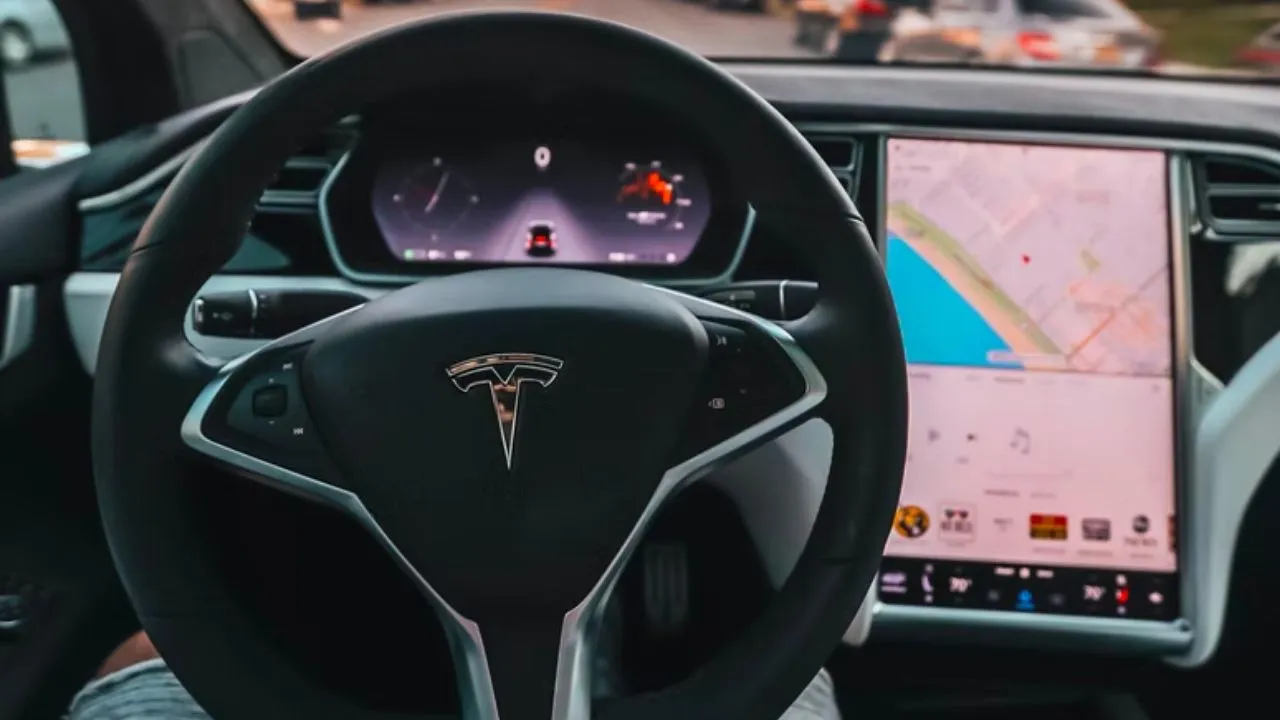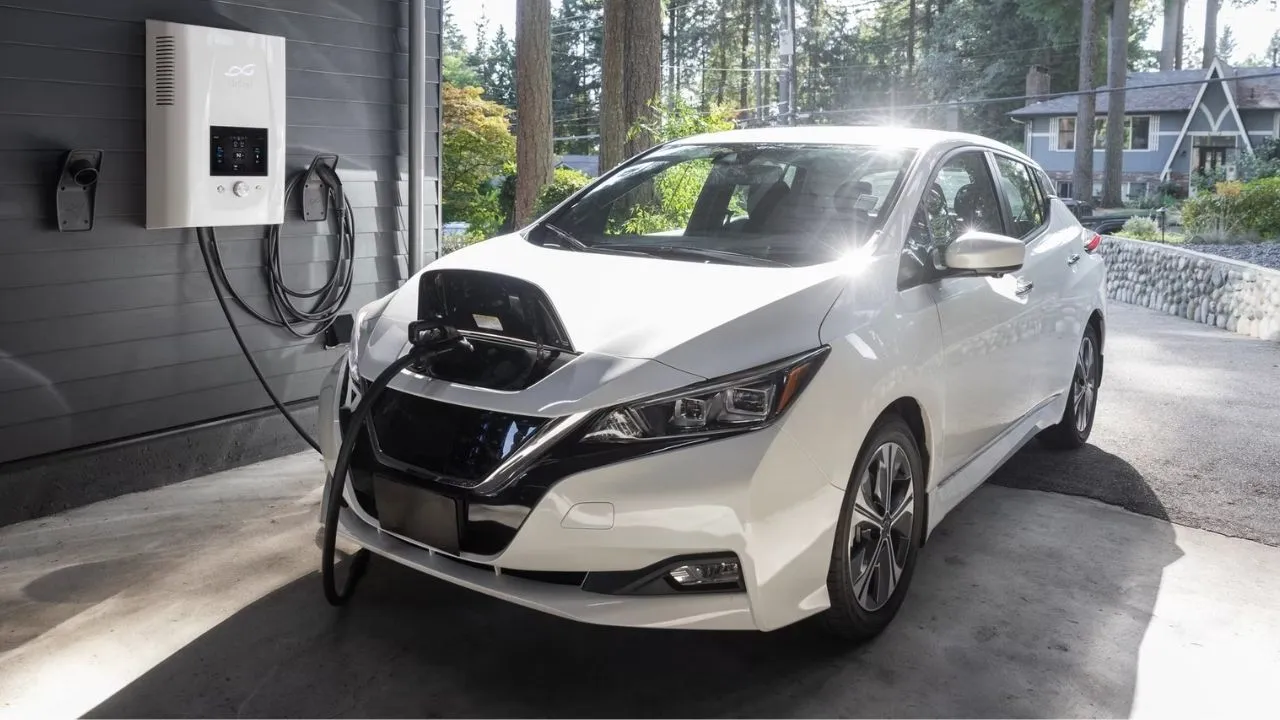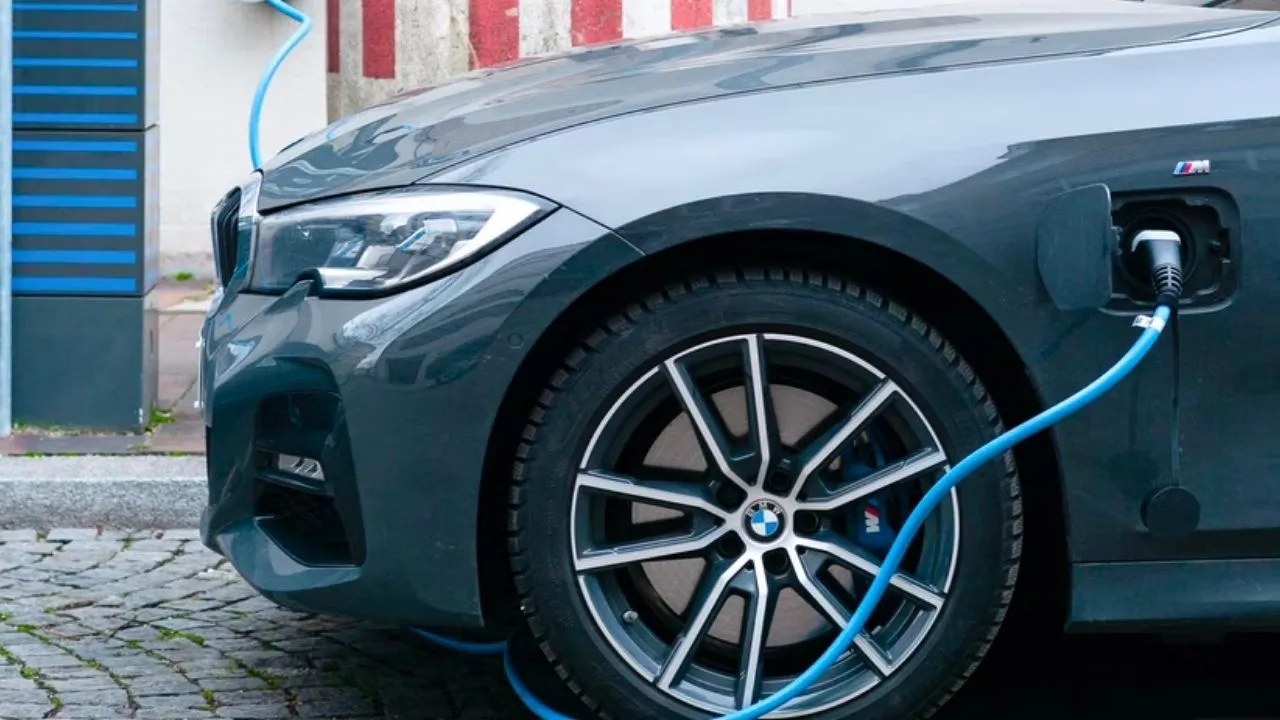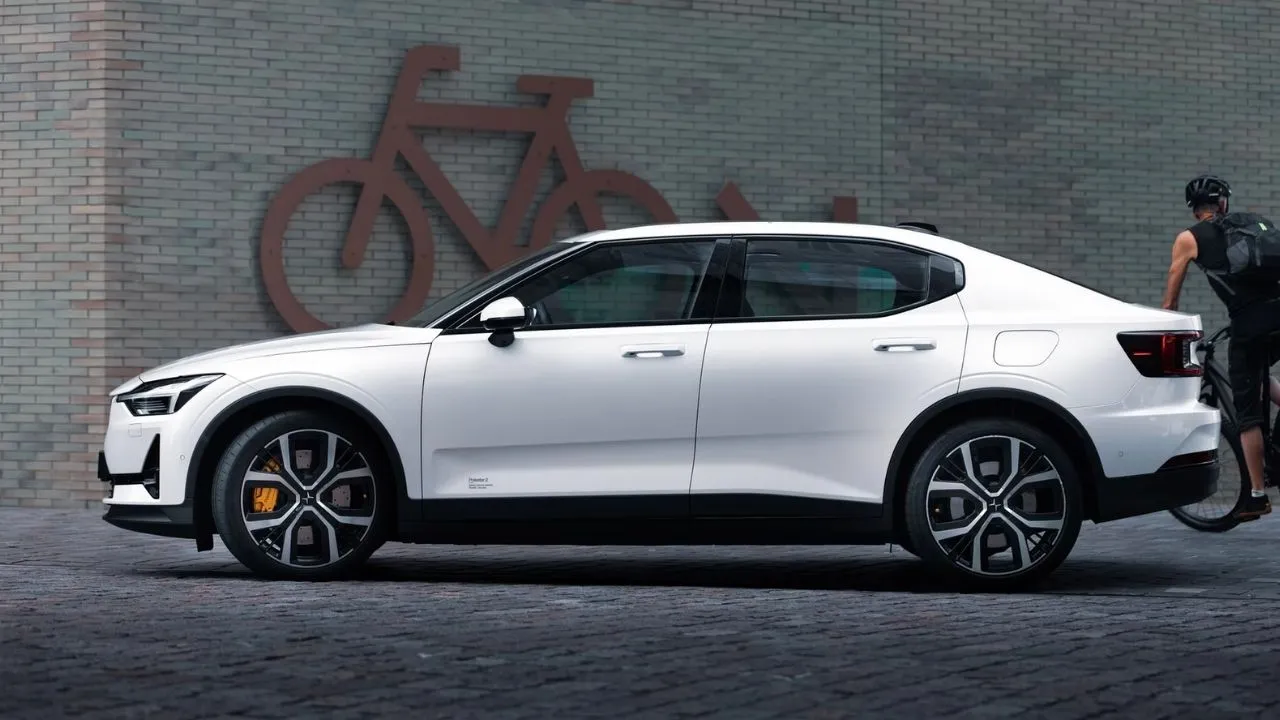As more and more drivers switch to electric vehicles (EVs), questions about the lifespan and replacement of their batteries become increasingly important. After all, the battery is one of the most critical components of an electric car, accounting for a significant portion of its cost. In this post, we will dive deep into the world of electric vehicle battery replacement, covering topics such as when to replace an electric car battery, how much it costs, how long they last, and more. Whether you’re a seasoned EV owner or considering purchasing your first electric car, this guide will provide you with essential tips and information on maximizing your EV’s lifespan by optimizing its battery performance.
How Often Should You Replace Your Electric Car’s Battery?

One of the biggest questions EV owners ask is: How long will my electric car battery last? The average lifespan of an EV battery pack is around 200,000 miles, but this can vary depending on a range of factors. EVs use a pack of thousands of individual lithium-ion (Li-ion) cells working together. Over time, the repeated discharge and charge cycles can affect the amount of charge the battery can hold, reducing the range and time needed between each journey to charge. While most manufacturers have a five to eight-year warranty on their battery, current predictions are that electric car batteries will last from 10 – 20 years before needing to be replaced.
Understanding how an electric car battery and motor work together is surprisingly simple. When the battery is connected to one or more electric motors, which drive the wheels, pressing the accelerator instantly feeds power to the motor, which gradually consumes the energy stored in the batteries. Electric motors also work as generators, so when you take your foot off the throttle, the car begins to slow down by converting its forward motion back into electricity, which is stored in the battery again, improving the car’s range.
Lithium-ion (Li-ion) batteries, commonly used in electric vehicles, have a higher energy density than typical rechargeable batteries. This means that manufacturers can save space, reducing the overall size of the battery pack. While Li-ion batteries are generally safer than many alternatives, manufacturers must ensure that safety measures are in place to protect consumers in the unlikely event of a battery failure. These measures include safeguards to protect the batteries during repeated rapid charging sessions in a short period of time.
Knowing when to replace an electric car battery and how to maintain it can help maximize the lifespan of your EV, and save you money in the long run.
The Real Cost of Electric Vehicle Battery Replacement: What to Expect

If you own an electric vehicle, it’s important to understand the cost of electric vehicle battery replacement as this can be a significant expense. The total cost of an electric vehicle battery replacement depends on the car’s make and model and is often related to the original cost of the car. As a general rule, the more expensive the electric vehicle, the more expensive the battery replacement.
When it comes to the cost of car batteries, electric vehicles are the most expensive type. Depending on the make and model of your vehicle, a battery replacement can cost you anywhere between $4,000 and $20,000. It’s important to note that if you own your electric vehicle long enough to need a battery replacement, this maintenance will be a major portion of the total cost of owning the car.
To manage the cost of electric vehicle battery replacement, some manufacturers offer refurbished electric car batteries that can be a cost-effective option. Another way to extend the life of your electric car battery is through proper maintenance, which includes regularly scheduled check-ups and using a high-quality charger. Taking care of your electric vehicle’s battery can help ensure it lasts as long as possible, minimizing the need for a costly replacement.
Essential Maintenance Tips for Extending Your Electric Car Battery’s Lifespan

Your electric car’s battery is an essential component that requires maintenance to extend its lifespan. Here are some tips to help you take care of your battery and prevent the need for electric vehicle battery replacement.
- Avoid Exposure to Extreme Heat: Extreme heat can be detrimental to your battery’s lifespan. When parked unplugged, your electric car’s battery can be exposed to high temperatures that can cause damage. To prevent this, park your car in the shade or plug it in, so the thermal management system functions only using grid power. A stable range of temperatures during operation can also help preserve the battery’s lifespan.
- Keep Battery Charge Between 20% and 80%: EVs come with a battery management system to avoid charging and discharging at extreme states of charge. Keeping your battery charge between 20% and 80% can help improve the performance and lifespan of your battery. Even though a full charge will give you maximum operating time, it is not recommended for the overall lifespan of your battery.
- Use a Timed Charger: Leaving your electric car parked with an empty or full battery can degrade the battery. If you do not use your car often or have a long trip planned, get a timed charger and plug it in. Setting the charger to keep the charge just above the low mark and not filling it up to maximum capacity can preserve the battery’s state of charge.
- Use a Charger Designed for EV Batteries: Using a charger specifically designed to help extend your EV battery’s life can improve its performance and extend its lifespan.
- Handle the Battery with Care: Knocking or dropping your EV battery can cause serious damage and reduce its overall lifespan. While the battery is designed to withstand some impact, repeated abuse can take its toll. In addition, dropping the battery may cause it to leak, exposing you to harmful chemicals. If you do damage your battery, it’s important to take it to a qualified technician for repairs.
By following these essential maintenance tips, you can help extend your electric car battery’s lifespan and avoid the cost of electric vehicle battery replacement.
Refurbished Electric Car Batteries: Are They Worth the Investment?

If you own an electric vehicle, you may be wondering when you should replace your car’s battery and how much it will cost. The good news is that electric car batteries have a long lifespan, with some retaining more than two thirds of their usable energy storage after 8 to 12 years in a vehicle. However, over time, the ability of the battery to retain and discharge electricity degrades, resulting in reduced performance.
Fortunately, there are options for reusing electric car batteries. As the market for electric vehicles grows, so does the supply of second-life batteries. After their initial use in a vehicle, some batteries are still in good condition and could deliver an additional 5-8 years of service in a secondary application.
Major automakers such as Nissan and Tesla have already offered rebuilt or refurbished battery packs for purchase or warranty replacement of original battery packs in EVs. However, before used batteries can be used as stationary storage, they must undergo several processes that are currently costly and time-intensive. Each pack must be tested to determine the remaining state of health of the battery, disassembled, reconfigured to meet the energy demands of their new application, and equipped with a new battery management system (BMS) before being repackaged.
The economics of second-life battery storage also depend on the cost of the repurposed system competing with new battery storage. Battery degradation is likely to reduce the performance of the refurbished electric car batteries. The battery’s ability to retain and rapidly discharge electricity degrades with use and time, which is a function of degradation. Repeated utilization of the maximum storage potential of the battery, rapid charge and discharge cycles, and exposure to high temperatures are all factors that can reduce battery performance.
In summary, if you’re looking to replace your electric vehicle’s battery and are on a tight budget, refurbished electric car batteries could be a good option. However, keep in mind that not all used batteries are in good condition, and you’ll need to have the battery tested to determine its remaining state of health. Additionally, the economics of refurbished electric car batteries depend on the cost of the repurposed system competing with new battery storage.
Understanding Electric Car Battery Degradation: Causes and Prevention

Battery degradation refers to the loss of capacity in the battery over time. This means that the battery is no longer able to hold as much energy as it did when it was new, which affects the vehicle’s range on a single charge. Battery degradation is a natural process that occurs over the life cycle of the battery, which can be anywhere from a few hundred to a few thousand charge cycles, depending on the battery chemistry.
Causes of Battery Degradation in EVs
Several factors can contribute to battery degradation in EVs, including:
- Overcharging: Charging the battery to its maximum level can cause stress on the battery and lead to the formation of dendrites on the anode. This can increase the internal resistance of the battery and lead to irreversible capacity loss.
- Deep discharging: Deep discharging the battery can cause micro-cracks on the anode, which exposes new parts of the anode particles to the electrolyte and leads to the formation of a solid electrolyte interface (SEI) layer. This layer can increase the internal resistance of the battery and cause irreversible capacity loss.
- Charging with a high C rate: Charging the battery at a high current rate can cause heat buildup, which can damage the battery and lead to capacity loss.
- Storing with full state of charge (SOC): Storing the battery with a full state of charge can accelerate the formation of the SEI layer and increase the internal resistance of the battery.
- Operating and storing in high temperatures: High temperatures can accelerate the degradation of the battery and reduce its life cycle.
Preventing Battery Degradation in EVs
- To prevent battery degradation in EVs, it is important to follow some simple guidelines for battery operation and maintenance, including:
- Avoid overcharging and deep discharging the battery. Charge the battery only up to 80-90% of its capacity and discharge it only up to 20-30%.
- Avoid charging the battery at a high C rate. Charge the battery at a moderate rate to prevent heat buildup.
- Store the battery at a cool and dry place with a partial state of charge (SOC).
- Keep the battery away from high-temperature environments.
- Regularly maintain the battery by checking its state of health and replacing it when necessary.
Conclusion
In conclusion, taking care of your electric vehicle’s battery is essential for maximizing its lifespan and getting the most out of your investment. By following the tips outlined in this article, such as avoiding extreme temperatures, charging to the appropriate level, and keeping up with regular maintenance, you can help ensure that your EV battery remains healthy for as long as possible. It’s also important to be aware of the signs of battery degradation, such as decreased range and slower charging times, and to take action promptly if necessary. By being proactive and taking good care of your electric vehicle’s battery, you can save money on potential replacements and continue to enjoy the many benefits of driving an EV.
